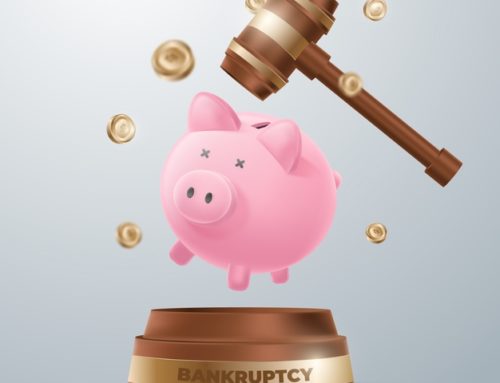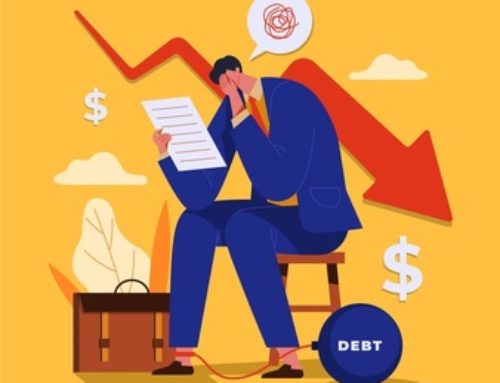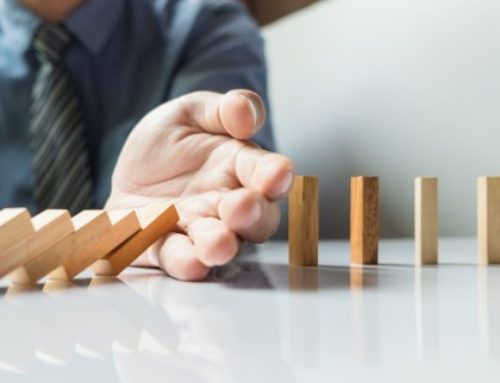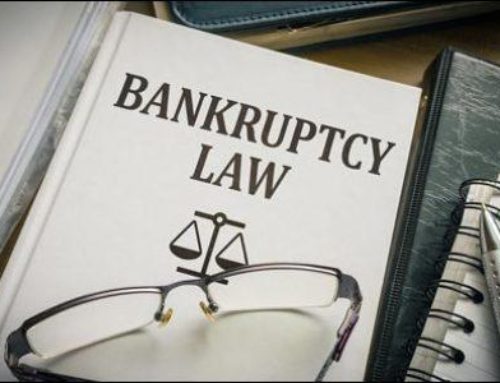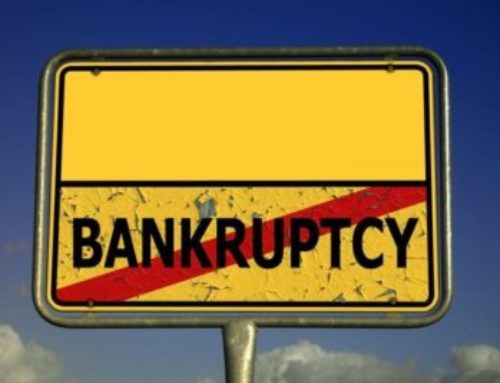Filing for bankruptcy can provide debtors relief from dealing with insurmountable debt. However, before you decide to file for bankruptcy, it’s important to evaluate which type of bankruptcy is right for you. Declaring bankruptcy has both short-term and long-term effects that will affect your future credit, reputation, and self-image.
One of the most common types of bankruptcy is liquidation or Chapter 7 bankruptcy, and this article summarizes the pros and cons of filing for bankruptcy under Chapter 7. If you have concerns about the bankruptcy process, check your state bankruptcy laws or speak with a local bankruptcy attorney for bankruptcy information.
Disadvantages of Chapter 7 Bankruptcy Filings
1. High-income debtors don’t qualify for Chapter 7.
Petitioners who are filing for bankruptcy under Chapter 7 need to pass what’s known as the means test to determine their eligibility. The means test compares your monthly income to the state median family income for your household size.
If your household income is above the state median, you won’t be qualified to file for Chapter 7 bankruptcy. This is because you have enough disposable income to pay off a portion of your debts. Instead, you can file bankruptcy under Chapter 13 and restructure your debts into a repayment plan.
2. You can lose the nonexempt property.
Since a Chapter 7 bankruptcy involves liquidating your assets, you’ll likely lose property that is considered nonexempt. The bankruptcy trustee sells your nonexempt property and uses the proceeds to repay a portion of your debts to unsecured creditors.
If you want to keep property that isn’t covered by bankruptcy exemptions, consult with an experienced bankruptcy lawyer to discuss whether you can protect it in a Chapter 7 bankruptcy or convert your bankruptcy case to Chapter 13.
3. Bankruptcy won’t wipe out nondischargeable debts.
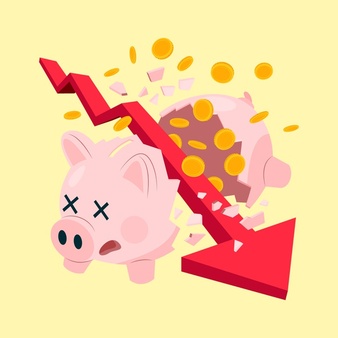 Certain debts can’t be discharged in bankruptcy, such as alimony, child support, tax debt, and student loans. While these won’t be wiped out, declaring bankruptcy can help you have more financial room to pay-back nondischargeable debts.
Certain debts can’t be discharged in bankruptcy, such as alimony, child support, tax debt, and student loans. While these won’t be wiped out, declaring bankruptcy can help you have more financial room to pay-back nondischargeable debts.
4. Bankruptcy will hurt your credit report.
A Chapter 7 bankruptcy can ruin your credit report and remain on your credit for up to 10 years. However, once you receive your bankruptcy discharge, you’ll be able to work on improving your credit score immediately.
5. You won’t be able to file for Chapter 7 again for eight years.
A debtor who has received a Chapter 7 discharge won’t be able to file for Chapter 7 bankruptcy within eight years t prevent consumers from taking advantage of bankruptcy filings and avoid creditors or escape their debts.
Advantages of Filing Bankruptcy Chapter 7
1. You get immediate debt relief upon filing.
Filing your bankruptcy petition puts the automatic stay in effect, which puts a temporary stop for collection efforts from debt collectors. If you’re receiving constant calls, collections letters, and garnishments, filing a bankruptcy petition can provide you with immediate debt relief.
2. You can keep most of your property.
While the non-exempt property is liquidated by the assigned trustee to your bankruptcy case, you’ll be able to keep assets and property covered by bankruptcy exemptions. Exempt property includes things considered to be necessities for modern life and tools or equipment you need to make a living.
3. Chapter 7 bankruptcy discharge wipes out most unsecured debts.
Both types of personal bankruptcy won’t be able to wipe out nondischargeable debt, but Chapter 7 bankruptcies can discharge most unsecured debts. After your assets are liquidated, the trustee repays debts in order of priority. Remaining debts that aren’t secured by collateral, such as credit card debt and medical bills, get wiped out at the end of the bankruptcy process.
4. The bankruptcy process can be completed in a short period.
Unlike a Chapter 13 bankruptcy, which takes around three to five years to complete, a Chapter 7 bankruptcy proceeding can be finished in a few months as long as you meet all the requirements and accurately fill-out the bankruptcy forms. You can hire a bankruptcy petition preparer or seek legal assistance from bankruptcy attorneys to avoid mistakes in your bankruptcy petition and avoid the risk of having your case dismissed.
5. You can switch to Chapter 13 bankruptcy if you don’t qualify for Chapter 7.
If you failed the means test and you aren’t qualified to file for Chapter 7, you can convert your case to Chapter 13 without having to pay a conversion fee. As such, you’ll still be able to file for bankruptcy to get relief from debt.
If you’re not sure whether a Chapter 7 bankruptcy is for you, contact Phoenix Fresh Start Bankruptcy Attorneys, PLLC today and consult with an experienced Arizona bankruptcy attorney who can discuss your debt relief options with you and help you get a fresh start.

